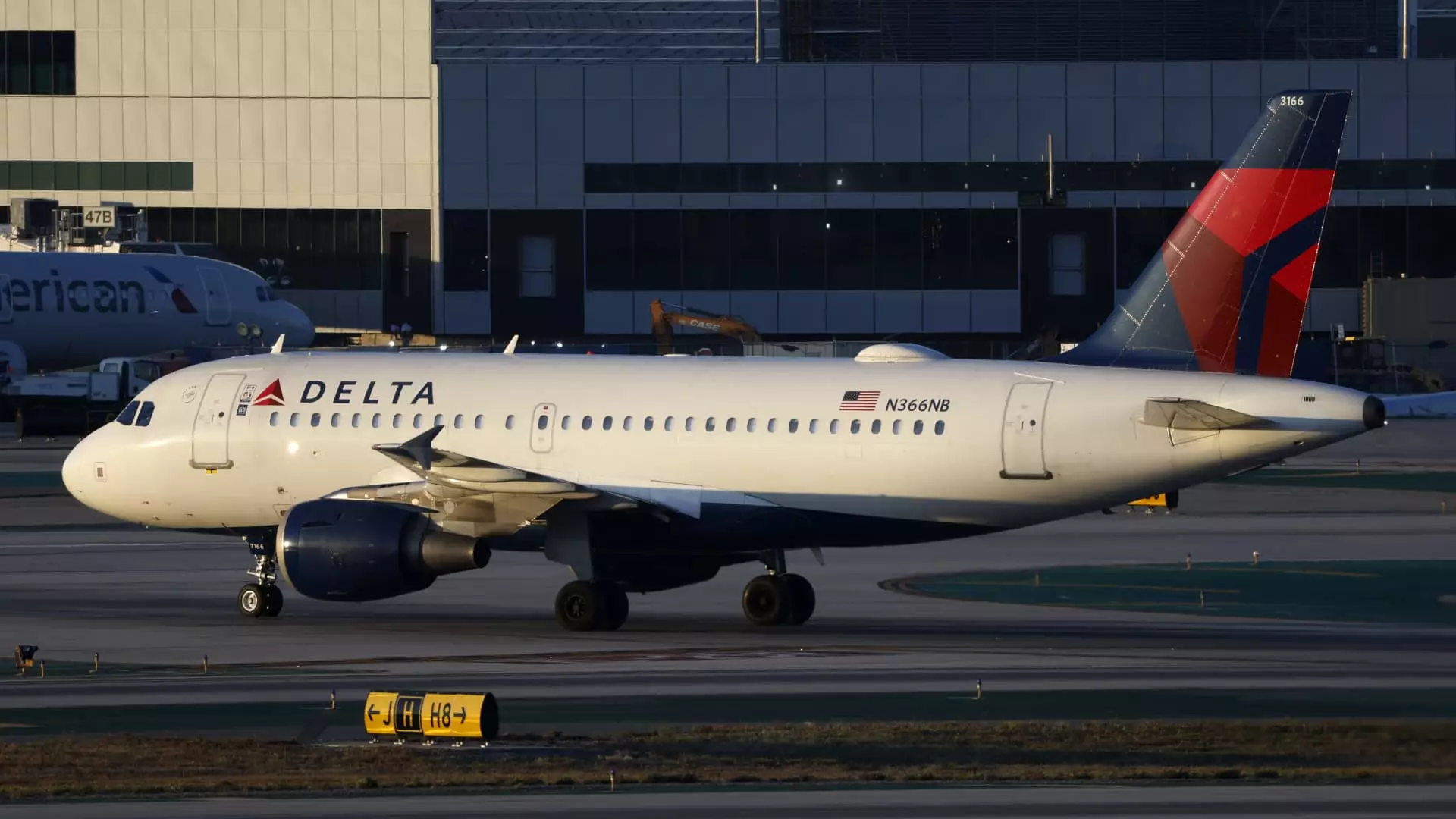Delta Air Lines recently disclosed that the CrowdStrike outage and subsequent flight cancellations in the previous month have resulted in an estimated cost of $550 million. This substantial financial impact includes a $380 million revenue loss in the current quarter, primarily due to the refunding of customers for canceled flights and providing compensation in cash and SkyMiles. Additionally, the airline incurred an expense of $170 million associated with the technology-driven outage and the subsequent operational recovery process. Furthermore, Delta anticipates a $50 million reduction in its fuel bill as a result of the considerable number of flights that had to be canceled.
Delta Air Lines faced significant challenges in recovering from the July 19 outage compared to its competitors. The disruption, which took millions of Windows-based machines offline globally, led to the cancellation of approximately 7,000 flights. This incident, which occurred during the peak summer travel season, left thousands of Delta customers stranded, impacting the airline’s reputation as a reliable and premium carrier. CEO Ed Bastian acknowledged the operational disruption as unacceptable and emphasized the importance of providing a high level of service to customers and employees.
Following the outage and the subsequent flight cancellations, the U.S. Department of Transportation initiated an investigation into Delta’s response to the crisis. In response, Delta announced its intention to pursue damages against CrowdStrike and Microsoft. The airline claimed that 1.3 million customers were affected by the outage, which resulted in the shutdown of 37,000 Delta computers. However, CrowdStrike asserted that it had been in direct communication with Delta’s chief information and security officer promptly after the incident occurred.
Delta’s lawyer David Boies emphasized that CrowdStrike must take responsibility for the harm caused to the airline’s business, reputation, and goodwill as a result of the outage. In a letter to CrowdStrike, Boies stated that if the company wants to avoid legal action from Delta, it must acknowledge its role in the disruption and compensate the airline accordingly. On the other hand, Microsoft defended its stance by suggesting that Delta may not have made sufficient investments in its technology infrastructure compared to its competitors.
The aftermath of the CrowdStrike outage has had far-reaching effects on Delta Air Lines, leading to substantial financial losses and reputational damage. The airline’s struggles in recovering from the crisis highlight the importance of investing in robust technology infrastructure to ensure operational resilience and customer satisfaction. As the legal disputes continue to unfold, it remains to be seen how Delta, CrowdStrike, and Microsoft will resolve the issues stemming from the incident.


Leave a Reply